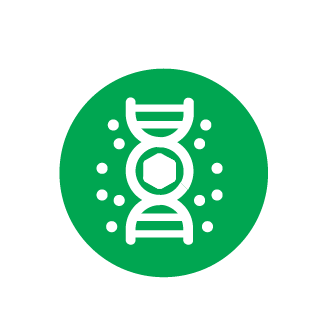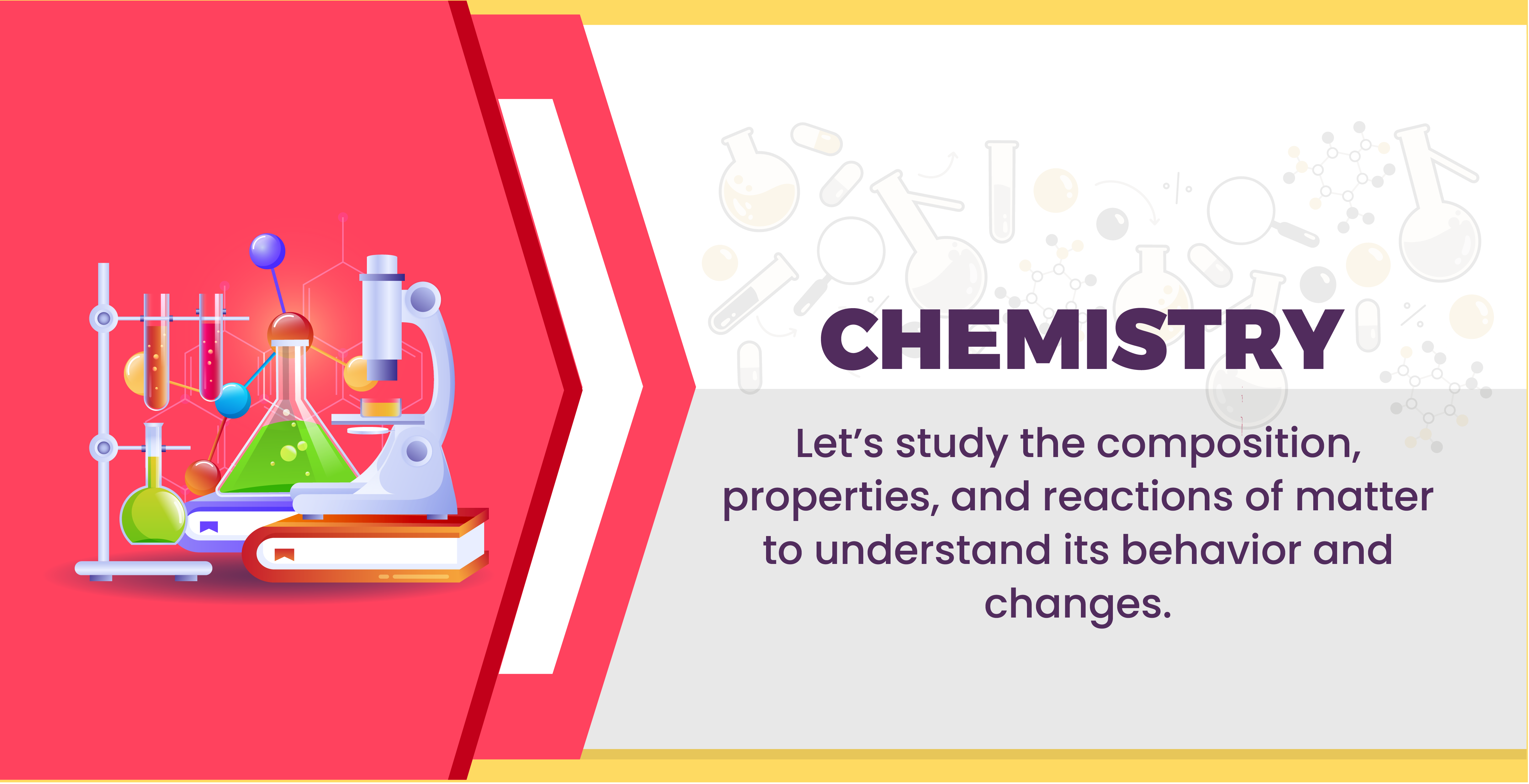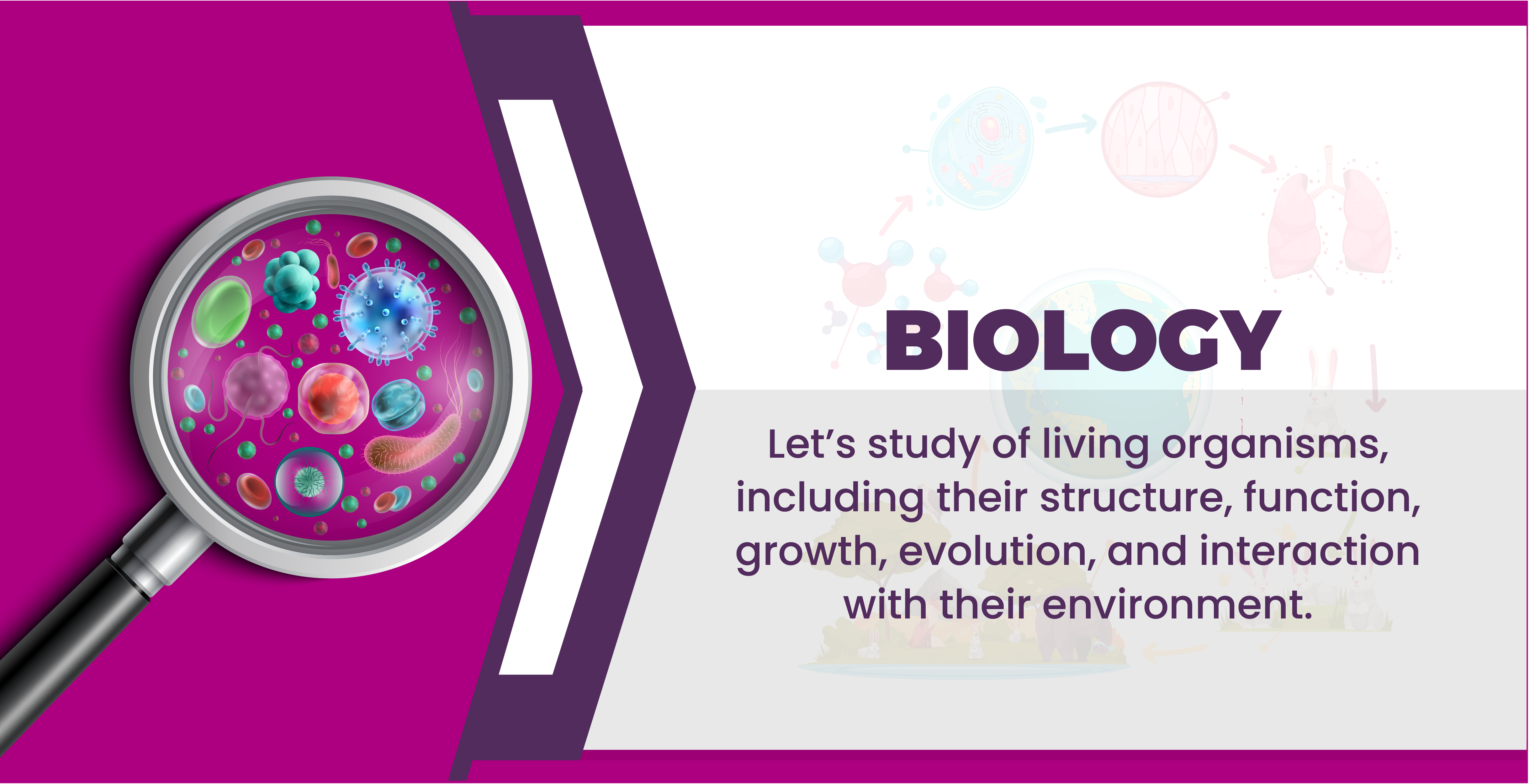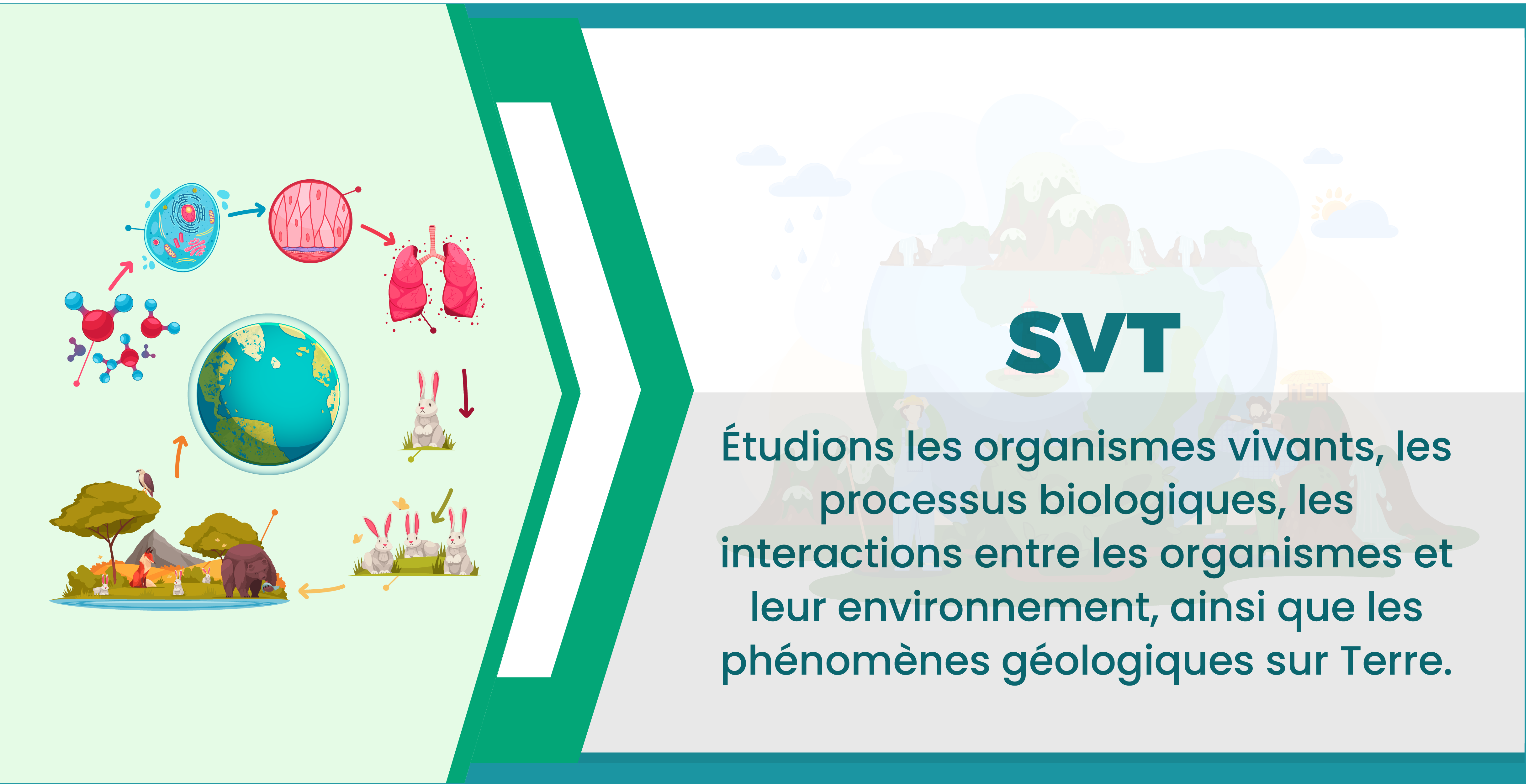
- Mathematics
- Anglais
- Français
- ECM
- Literature
- English Language
- Accounting
- Computer Science
- ICT
- Mathematics
- Physique
- Informatique
- Anglais
- Français
- ECM
- Géographie
- Science
- Mathématiques
- Informatique
- Science
- Mathématiques
- Science Humaines et Sociales
- Primary 1
- Primary 2
- Primary 3
- Primary 4
- Primary 5
- Primary 6
- Form 1
- Form 2
- Form 3
- Form 4
- Form 5
- Lowersixth Arts
- Uppersixth Arts
- CE2
- CM1
- 6ÈME
- 5ÈME
- 4ÈME
- 3ÈME
- 2nde A4
- 2nde C
- 1ÈRE A4
- 1ÈRE C
- 1ÈRE D
- Tle A4
- Tle C
- Tle D
- CM2
- Lowersixth science
- Uppersixth science
- CP
- CE1
- SIL
- Géographie
- ECM
- Français
- Geology
- Science et Technologie
- Langue et Cultures
- Anglais
- Mathématiques
- Geology
- Mathématiques
- Science et Technologie
- Français
- Anglais
- T. I .C
- ECM
- ECM
- Mathematiques
- Mathematics
- Science technologie
- Geographie
- French Language
- English Language
- T.I.C
- Chemistry
- mathematiques
- Biology
- ECM
- Physics
- Citizenship
- TIC
- Geograghie
- Histoire
- Literature
- Science et technologie
- Mathematiques
- TIC
- Sciences humaines et sociales
- Francais
- T. I .C
- Langues et cultures
- Anglais
- Science Humaines et Sociales
- Langues et cultures
- Anglais
- Francais
- Géographie
- Sciences humaines et sociales
- Science et technologie
- Langue et Cultures
- mathematiques
- TIC
- Literature
- Geography
- Computer Science
- Accounting
- Philosophie
- Français
- Anglais
- Informatique
- Mathématiques
- SVTEEHB
- Chimie
- Physique
- SVEETHB
- Mathematiques
- Informatique
- Français
- Anglais
- Physique
- Chimie
- Mathematiques
- Informatique
- Français
- SVTEEHB
- Anglais
- Philosophie
- Anglais
- Mathematiques
- SVTEEHB
- informatique
- Français
- PCT
- ECM
- Geographie
- Physics
- Citizenship
- Biology
- Chemistry
- French
- English language
- Mathematics
- Literature
- Geography
- Economics
- Computer science
- Commerce
- Information & Communication Technologies
- English Language
- National Language
- Science & Technology
- Social Studies
- Information & Communication Technologies
- Social Studies
- National Language
- Science & Technologies
- English Language
- Social Studies
- National Language
- Mathematics
- Information & Communication Technologies
- Science & Technology
- Mathematics
- Mathematics
- French
- Mathematics
- English language
- Chemistry
- Biology
- Physics
- Citizenship
- Literature
- Geography
- PCT
- Computer science
- English language
- English
- Science and technology
- Citizenship
- National language
- Commerce
- Computer science
- Economics
- Chemistry
- Citizenship
- Literature
- Geography
- Biology
- French
- Mathematics
- Mathematics
- English language
- science and technology
- Information and communication technology
- National Language
- Social studies
- Mathematics
- National language
- Social studies
- Information and communication Technology
- Science and Technology
- English
- Mathematics
- Accounting
- Commerce
- Economics
- Computer Science
- English Language
- French
- Chemistry
- Biology
- Physics
- Citizenship
- Geography
- Literature
- English
- Science and Technology
- Information & Communication Technology
- National language
- Social Studies
- Commerce
- Economics
- French
- Geography
- Chemistry
- Citizenship
- Biology
- Physics
- Géographie
- Mathematiques
- Physique
- Chimie
- SVTEEHB
- Informatique
- Mathematiques
- SVTEEHB
- Chimie
- Physique
- Philosophie
- Francais
- Anglais
- ECM
- Informatique
- Mathematics
- Anglais
- SVTEEHB
- Informatique
- ECM
- Mathematiques
- Geographie
- Philosophie
- Informatique
- Francais
- SVEETHB
- Mathematiques
- Chimie
- Mathematques
- SVTEEHB
- PCT
- Computer Science
- Accounting
- Informatique
- Anglais
- Geography
- Chemistry
- Citizenship
- Biology
- Physics
- Francais
- ECM
- Geographie
- English Language
- French
- Mathematics
- ECM
- Accounting
- Informatique
- Physics
- Accounting
- Computer science
- Anglais
- Accounting
- Biology
- Chemistry
- Francais
- ECM
- Geographie
- French
- English language
- Geography
- Literature
- Mathematics
- ICT
- Economics
- Computer science
- Physics
- Biology
- Chemistry
- Mathematics
- English language
- Literature
- Geography
- Mathematics
- French
- Economics
- English Language











